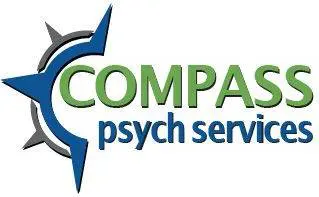What to Expect from Your Psychological Evaluation
Psychological Evaluation
A psychological evaluation is a comprehensive assessment designed to gain a deep understanding of an individual's mental and emotional well-being. Sometimes an individual may want to get a better understanding on oneself or the courts may mandate it. Whether conducted for clinical, educational, or research purposes, this process typically unfolds in a structured manner, offering valuable insights into various facets of a person's psychological profile. Here's what to expect in a psychological evaluation:
- Initial Interview: The evaluation often begins with an initial interview in which the evaluator gathers background information about the individual's personal history, presenting concerns, and any relevant contextual factors.
- Assessment Tools: Psychologists employ a range of standardized assessment tools, such as questionnaires, psychological tests, and observational techniques. These instruments are chosen based on the specific objectives of the evaluation.
- Cognitive Assessment: Cognitive testing assesses an individual's intellectual functioning, memory, attention, and problem-solving abilities. This can provide insights into strengths and weaknesses in cognitive functioning.
- Emotional Assessment: Emotional assessments examine emotional regulation, mood, and personality traits. Various tests and self-report measures are used to explore an individual's emotional landscape.
- Behavioral Observation: Observing how an individual behaves in various situations can reveal valuable information about their interpersonal skills, coping mechanisms, and social functioning.
- Clinical Interviews: In-depth clinical interviews with the individual may be conducted to explore their emotional and psychological experiences, including symptoms, thoughts, feelings, and life events.
- Diagnostic Assessment: If applicable, the evaluator may diagnose mental health conditions based on established diagnostic criteria outlined in the Diagnostic and Statistical Manual of Mental Disorders (DSM-5).
- Feedback and Recommendations: Following the assessment, the evaluator will typically provide feedback to the individual, explaining the findings and any diagnoses. They may also offer recommendations for treatment, therapy, or further evaluation if necessary.
- Confidentiality: Psychological evaluations are conducted with the utmost respect for privacy and confidentiality. Information gathered is typically only shared with the individual, unless consent is given to share with other professionals involved in their care.
A psychological evaluation is a comprehensive and structured process that aims to provide a holistic understanding of an individual's psychological functioning. It helps individuals gain insight into their mental health, facilitates treatment planning, and contributes to a more accurate and tailored approach to addressing their psychological needs.
